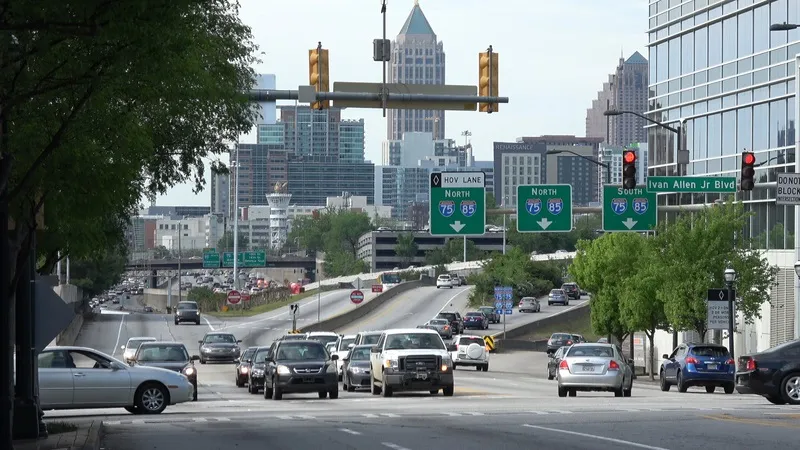In response to the announcement that average speed cameras are to be introduced on a stretch of the A9 in Scotland, the Freight Transport Association (FTA) has said that any speed limit must be properly enforced. The decision to install the new average speed camera system which will run from Dunblane to Inverness follows an on-going review of evidence as well as careful consideration of the views of the A9 Safety Group – to which FTA has contributed on behalf of its members over the last year.
July 30, 2013
Read time: 2 mins
In response to the announcement that average speed cameras are to be introduced on a stretch of the A9 in Scotland, the 6983 Freight Transport Association (FTA) has said that any speed limit must be properly enforced.
The decision to install the new average speed camera system which will run from Dunblane to Inverness follows an on-going review of evidence as well as careful consideration of the views of the A9 Safety Group – to which FTA has contributed on behalf of its members over the last year.
The FTA voiced its disappointment at the fact that this announcement on average speed cameras doesn’t move towards reducing the speed differential on single carriageway road. The Association also said that it agreed that the introduction of the speed cameras would represent an enforced levelling of the playing field for those who comply with the A9 40mph limit.
Malcolm Bingham, FTA head of Road Network Management Policy who attended the A9 Safety Group Meeting this week said: “While many FTA members believe that it would be safer to reduce the speed differential on single carriageway roads, and we are disappointed that no trial of reducing this differential has yet been forthcoming, it is important that any speed limit set must be properly enforced. FTA member companies are operating at a disadvantage when competing with those who are blatantly ignoring it.
“Camera enforcement used to detect differential speed from cars and HGV’s will help those operators who comply with the limits set by legislation.”
The A9 system will be the second in Scotland. The first was installed on the A77 in Ayrshire between Bogend Toll and Ardwell Bay in 2005. Since then it has delivered a 46 per cent reduction in fatal accidents and 35 per cent reduction in serious accidents.
The decision to install the new average speed camera system which will run from Dunblane to Inverness follows an on-going review of evidence as well as careful consideration of the views of the A9 Safety Group – to which FTA has contributed on behalf of its members over the last year.
The FTA voiced its disappointment at the fact that this announcement on average speed cameras doesn’t move towards reducing the speed differential on single carriageway road. The Association also said that it agreed that the introduction of the speed cameras would represent an enforced levelling of the playing field for those who comply with the A9 40mph limit.
Malcolm Bingham, FTA head of Road Network Management Policy who attended the A9 Safety Group Meeting this week said: “While many FTA members believe that it would be safer to reduce the speed differential on single carriageway roads, and we are disappointed that no trial of reducing this differential has yet been forthcoming, it is important that any speed limit set must be properly enforced. FTA member companies are operating at a disadvantage when competing with those who are blatantly ignoring it.
“Camera enforcement used to detect differential speed from cars and HGV’s will help those operators who comply with the limits set by legislation.”
The A9 system will be the second in Scotland. The first was installed on the A77 in Ayrshire between Bogend Toll and Ardwell Bay in 2005. Since then it has delivered a 46 per cent reduction in fatal accidents and 35 per cent reduction in serious accidents.







